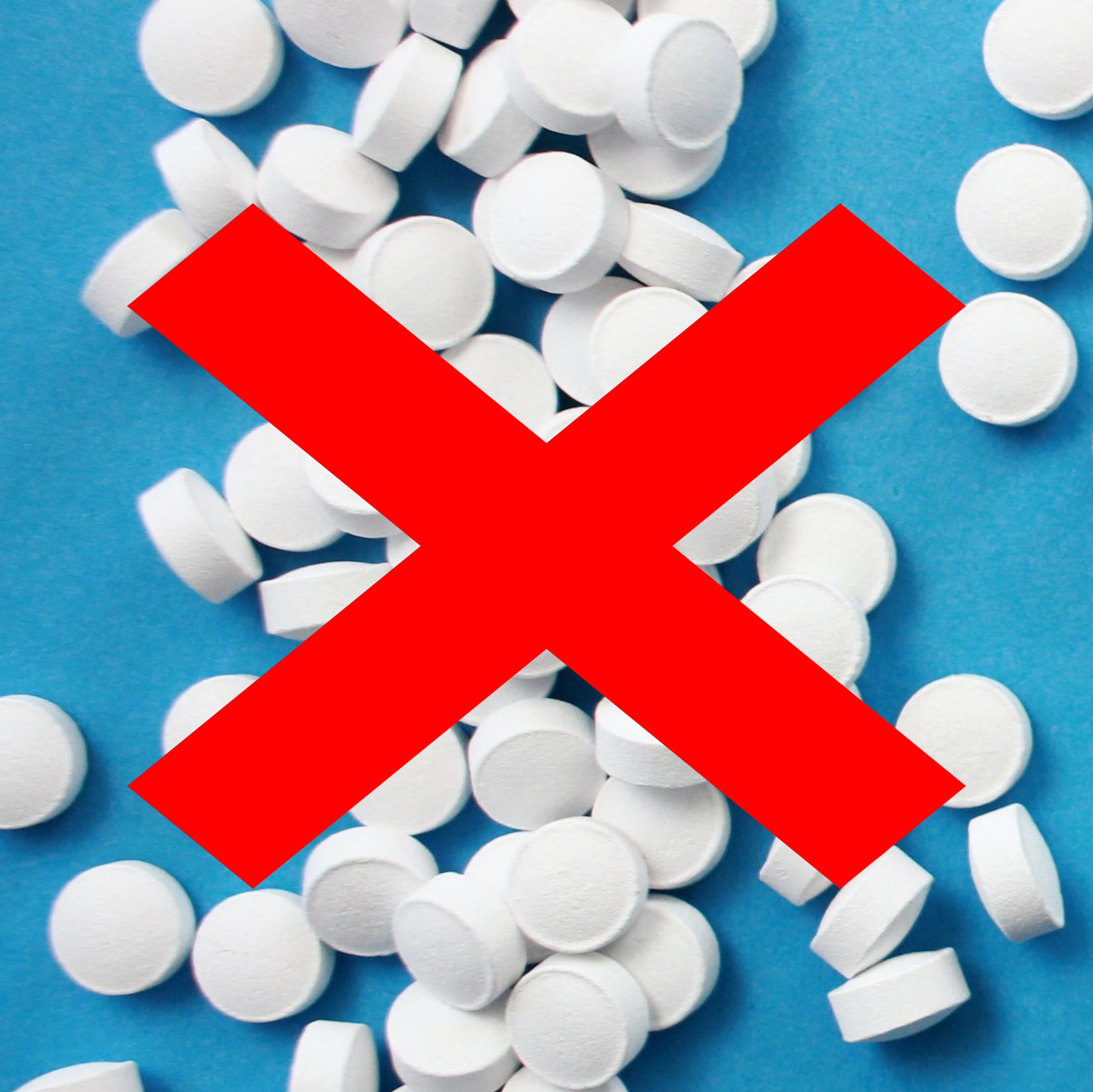Early Prevention and Detection are Key to Combating Teen Addiction
Just about every teen spends time on social media these days. It’s mostly harmless…but there’s a disturbing parallel to social media use.
Teens who spend a lot of time on social media are much more likely to abuse drugs or alcohol.
How much more?
- 5 times likelier to have used tobacco
- 3 times likelier to have used alcohol
- Twice as likely to have used marijuana
These numbers come from a survey conducted by the National Center on Addiction and Substance Abuse at Columbia University.
The Center conducted this survey in 2011. Think about how much bigger social media is today. Teen drug use is more widespread than we may think.

Let’s talk about how to spot teen drug problems, and what you can do to help them.
What to Look For: Teen Risk Factors for Drug Use
Because of the damage alcohol and other drugs can wreak, it’s crucial that we address teen substance use as early as possible. Substance abuse can lead to serious consequences that will affect the teen’s entire life:
- Car accidents
- Legal problems
- Family conflicts
- Homicide/violence
- Increased risk of suicide
- Mental health issues
- Damage to their physical health
- Social problems
- Academic issues/dropping out of school
- Overdoses
- Risky sexual behavior
- Spreading communicable diseases.
If you have a teen in your family, what can you do to help prevent substance use disorders (SUD)? If you suspect substance use already, how do you effectively intervene to help them?
First, look for family risk factors:
- Inadequate parental supervision
- Poor communication
- Family tension and conflicts
- Inconsistent or unduly severe parental discipline
- Broken homes
- A family history of parental alcohol or drug abuse.
(Source: “Early Detection of Illicit Drug Use in Teenagers,” published in Innovations in Clinical Neuroscience.)
If your family environment includes any of these risk factors, changing them can help prevent substance use before it starts.
How? Start by communicating in a positive manner. Make sure the teen knows they can communicate anything they need to, at any time.
On the other hand, every home needs boundaries set and kept. For instance, monitoring of Internet use and social activity. A little “presence” in the teen’s life, despite our busy schedules, goes a long way.
Another key tool for parents is communicating with the teen’s school. Attend school-related events. Email their teachers. Be aware of what the teen’s working on academically, so any issues become apparent early on.

How do I know if my teen is using drugs?
The major indicator of teen drug use is changes in behavior.
- Does your teen change friends frequently?
- Are they no longer interested in things they once enjoyed?
- Do they isolate themselves from family events and home routines?
- Are they violating curfews?
- Do they show a lack of motivation?
- Do they show uncharacteristic aggression?
- Do they suddenly display emotional instability / irrational behavior?
- Are they experiencing judgment problems?
- Have they begun stealing?
- Is their school performance deteriorating? Are they skipping school frequently?
- Are they spending more & more time on social media, but don’t want to talk about it?
By familiarizing yourself with these early signs of substance abuse, you can help them. If parents, teachers, healthcare providers, and other support networks work together, you can start up preventative measures to support the teen’s wellness. Before it’s too late.
What should I do if my teen does use drugs or alcohol already?
If the teen is actively using, they have treatment programs specifically for adolescents available to them. Investigate high-quality treatment programs in your area. See if they work with teens. Check their licensing and accreditation. Read service reviews.
Levels of care typically include detoxification, residential (live-in) treatment, and various intensities of outpatient treatment. Your teen will receive the most appropriate level of care, based on a comprehensive assessment. They will have professional counselors guiding them through the process of stabilization and recovery.
Please remember: Teen substance abuse affects everyone. If you need resources for yourself or your family, you have options too. Visit Partnership for Drug-Free Kids for several resources. You can also talk to a local therapist.
Social media doesn’t create teen drug/alcohol use. But it can be a sign of a problem, either developing or already there. We hope this information helps you identify any teen drug problems, and take action in time.




